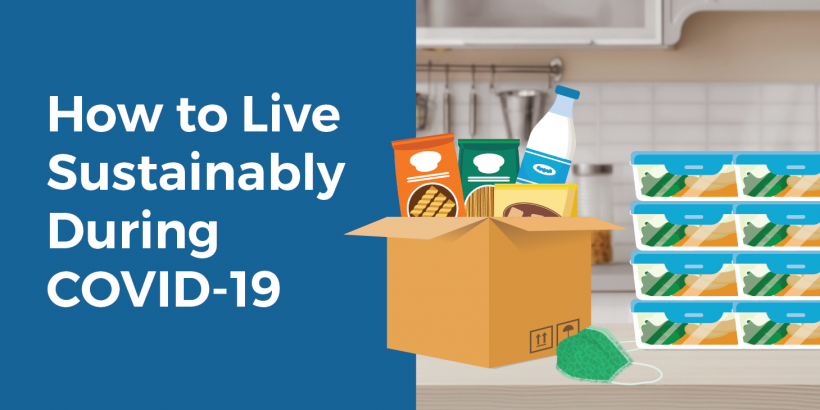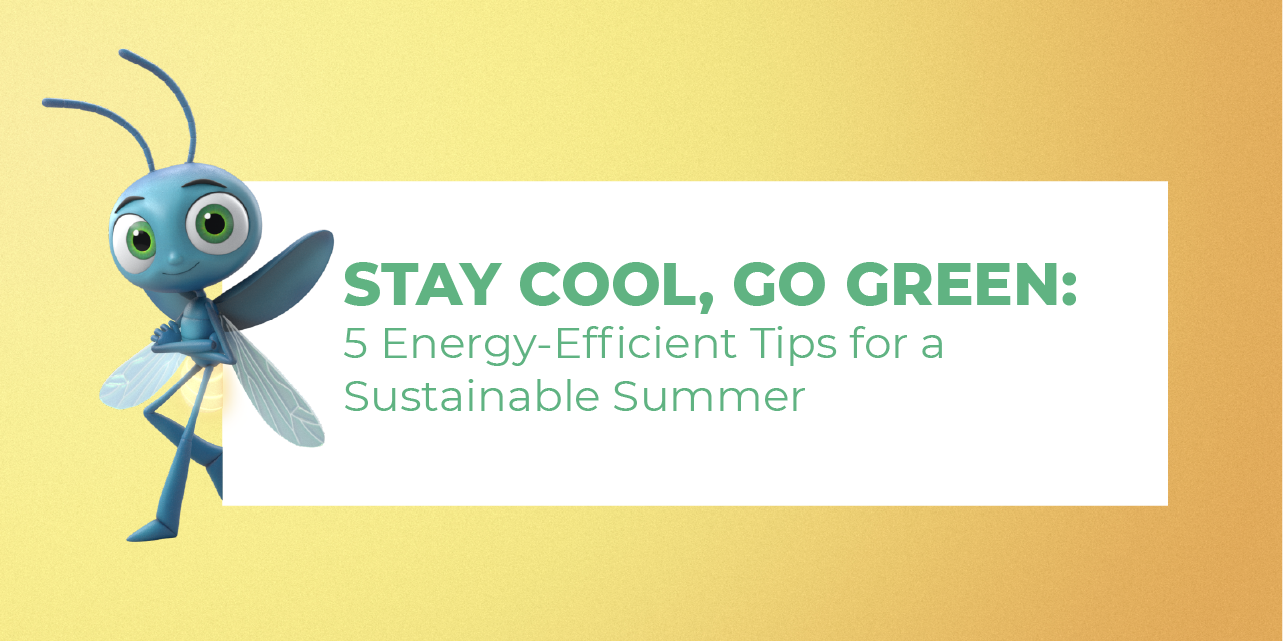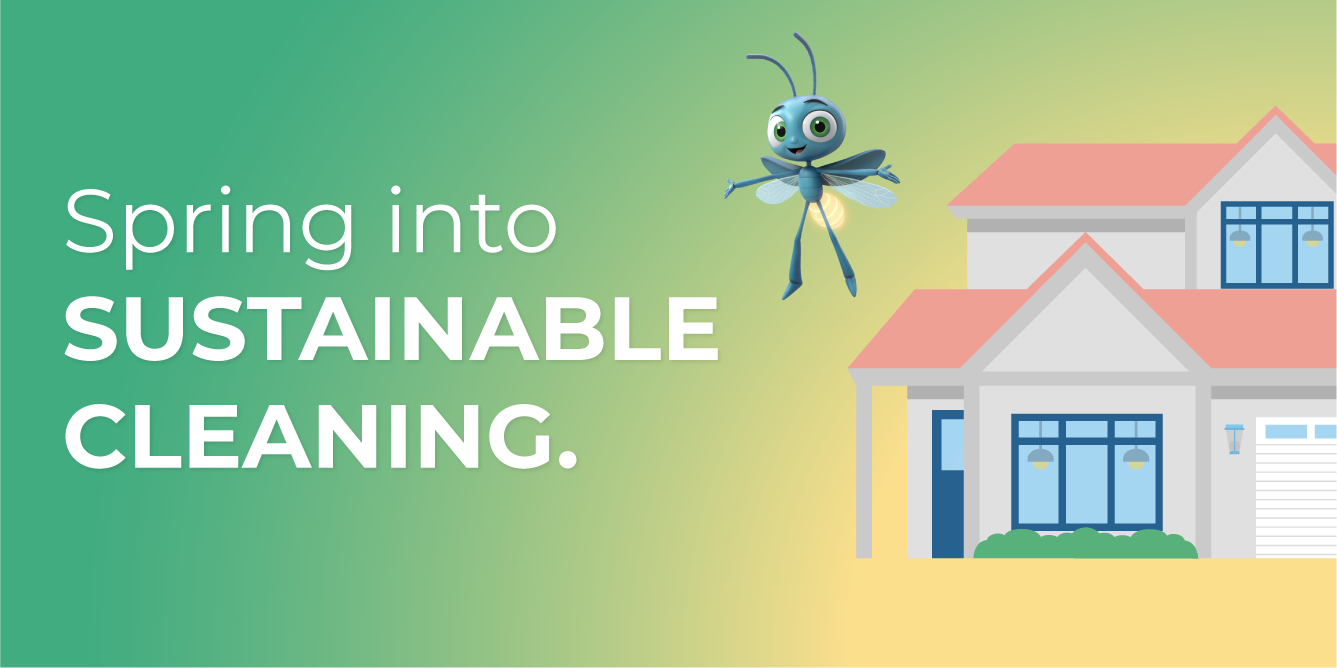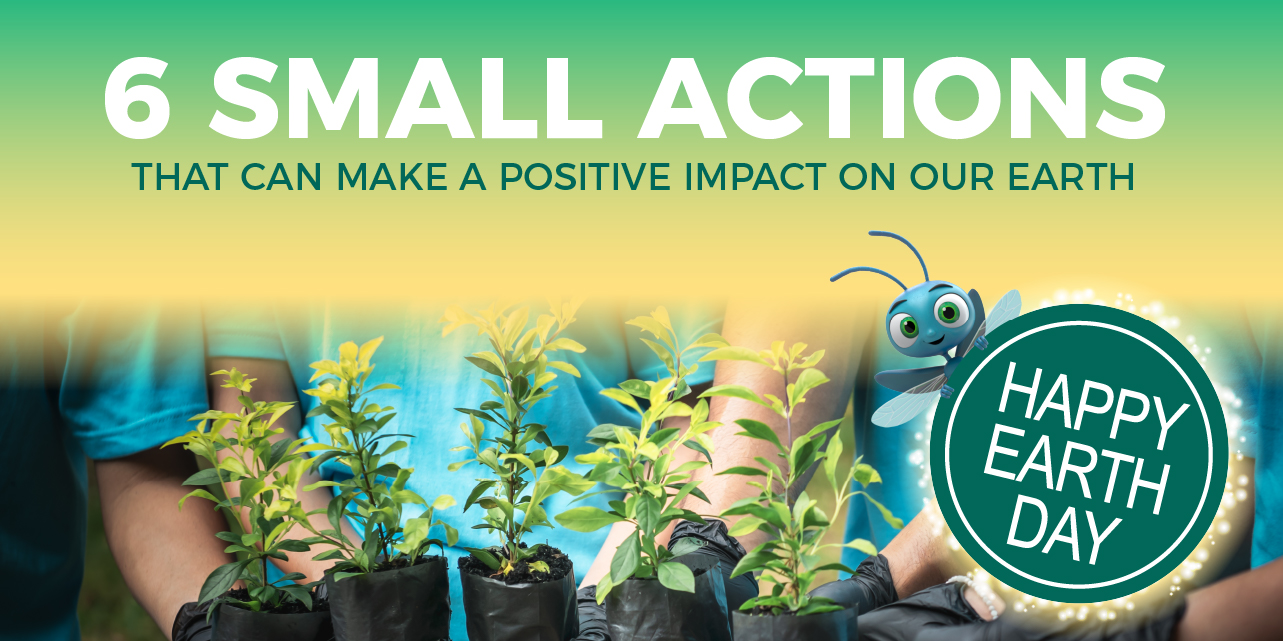In 2020, a survey conducted by OnePoll and Avocado Green Mattress asked 2,000 people in the United States how the COVID-19 pandemic affected their beliefs about how to live sustainably and maintain environmentally friendly habits while staying at home. More than 64% said they became more aware of their eco-friendly habits (or lack thereof). It turns out, there are a few major ways we can still make a positive difference for the planet, even if we’ve gone back to using paper and plastic bags and disposable, single-use takeout packaging.
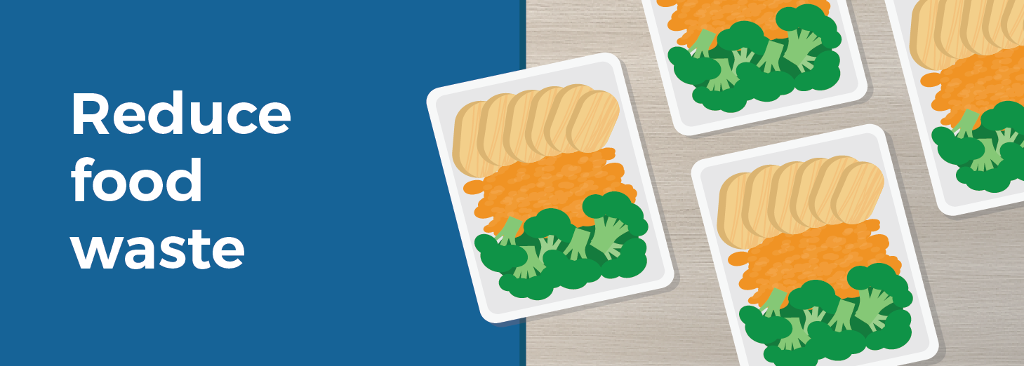
When the global quarantine started, supply chain delays sometimes led to unstocked shelves and longer wait times for food and household products. Many survey respondents said they became more aware of the food supply, and 44% said they were mindful to reduce their food waste in 2020. That’s a good thing, because food waste in landfills causes an estimated 3.3 billion tons of greenhouse gas emissions.
Two easy ways to reduce food waste are meal planning, so you buy only what you need, and making sure you aren’t throwing away uneaten food. Heat up those leftovers for lunch, try to eat those bags of salad before they go soggy and consider composting at home (even if you live in an apartment). The planet and the food supply will thank you for keeping food out of landfills.
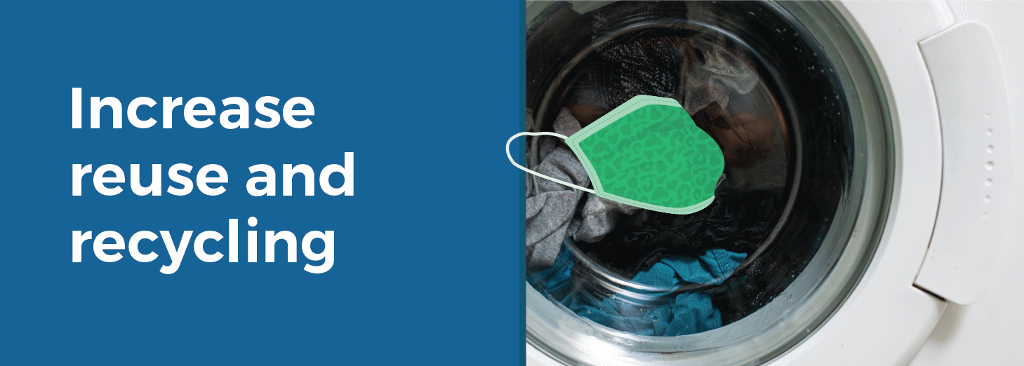
Many people were recycling long before COVID-19. However, being at home added a whole lot more paper and cardboard to our lives (free two-day delivery, anyone?). With the increase in deliveries, takeout containers and canned and boxed goods, this has been a good opportunity to look at reusing glass and paper products and being more aware of what can be recycled.
To make more of an impact, switch to reusable, washable face coverings rather than disposable ones (if you haven’t already). And you can reuse packing materials when sending out care packages to friends and family. Want more earth-friendly ideas? Check out these ways to reuse everything from old socks to cereal bags. Finally, look for ways to buy in bulk or one large container (think rice, flour and other bulk staples), so you don’t have as much packaging to throw away.
Some areas suspended recycling pickup – if that happened in your area, look for local recycling centers where you can drop off recycling yourself. It may be easier than you think to make a weekly trip to a city or county recycling collection center.
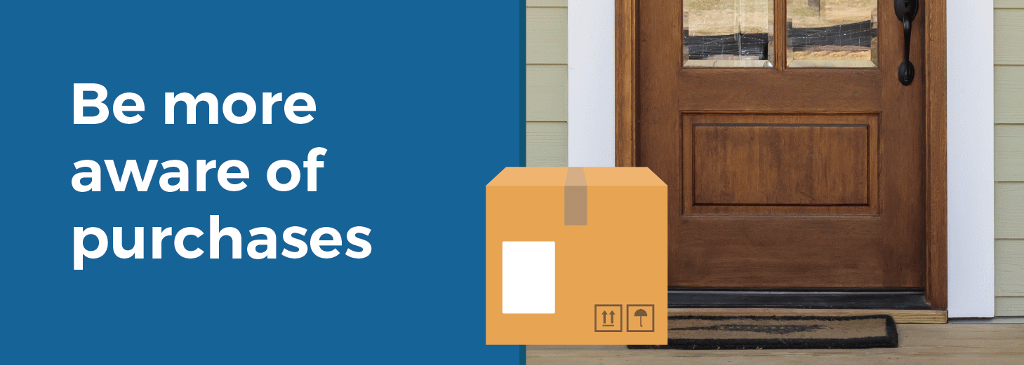
One of the best ways to waste less is to be more aware of what comes into your home to begin with. Maybe you can schedule one weekly delivery instead of multiple one-off purchases throughout the week. If you could get shipments down to one big delivery per month, or biweekly, that’s even better. It saves on packing materials and the carbon footprint of the delivery drivers. It may also cut down on impulse purchases (and that goes back to reuse and recycling – do you really need all the items in your online cart?).
We may not be able to bring our own bags to the grocery store, but there are still ways to cut down on shopping bags. If outdoor markets are open in your area, consider doing all your produce shopping there. You’ll be able to use your own bags, and you’ll be helping local growers. If that’s not an option, most grocery stores have a plastic bag recycling bin where you can return used bags. Or you can skip bagging altogether and roll your cart of unbagged groceries to your car – bag them in your own bags there.
COVID-19 has presented unique challenges that will continue into 2021. It might take a little more planning, but you can still live sustainably and continue your eco-friendly habits. To learn more about eco-friendly shopping, check out How Your Purchases Can Help People and the Planet.
Find a clean electricity plan that meets your household’s needs.
Enter your ZIP code to get started.


